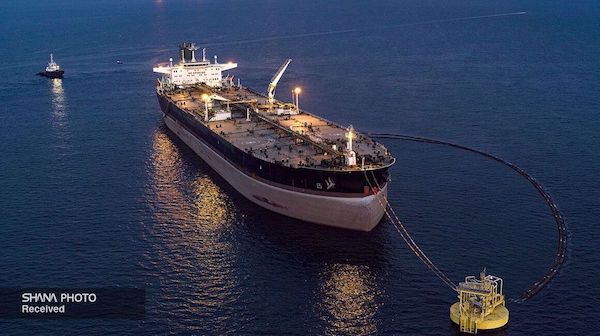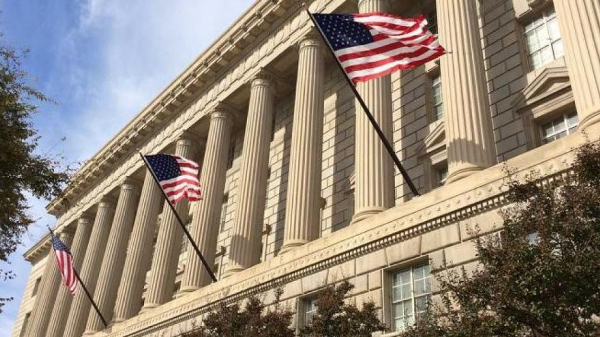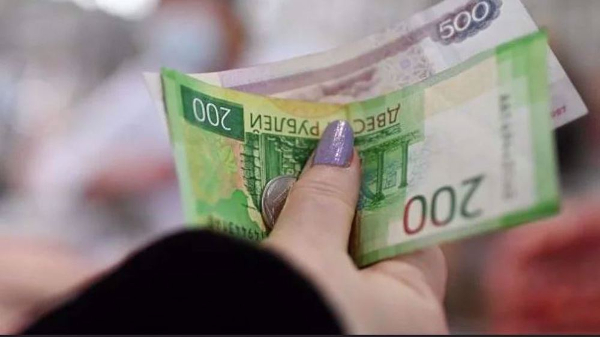
NIOC chief says Iran’s crude exports continue to rise as he insists proceeds are returned to the country.
Iran has seen its oil exports steadily increase in recent months while it has been able to recoup revenues despite sanctions imposed by the United States on both the sales and on banking transactions meant to settle payments, says a top Oil Ministry official.
Mohsen Khojasteh Mehr, who serves as the CEO of the National Iranian Oil Company (NIOC), said on Saturday that senior government officials have been informed about continued rise in Iran’s oil exports since a new administration took office in Tehran in August.
I am afraid I cannot reveal export figures but I can just say that the situation has improved. Monthly reports about Iran’s exports of crude and condensates are sent to the country’s top officials and they are informed about the details, Khojasteh Mehr told the semi-official Fars news agency.
He said that a major reduction reported in Iran’s storage of condensates, which is a very light form of crude, is a sign that exports have increased in recent months.
On recouping oil export revenues, the official, who is also a deputy oil minister, said that the NIOC is being duly paid by its crude customers, adding that the Central Bank of Iran is the ultimate authority to control the proceeds.
Iran suffered a major reduction in its crude exports in 2019 after the United States toughened sanctions imposed on the country’s energy sector a year earlier.
However, sales started to rebound in the second half of 2020 after Iran came up with solutions to deliver crude cargoes to major customers in Asia, including to China.
Experts say a breakthrough in ongoing talks between Iran and world powers to salvage a 2015 deal on the country’s nuclear program, known as the JCPOA, can enable Iran to swiftly increase it oil exports to nearly 2.5 million barrels per day (bpd).
However, Khajasteh Mehr reiterated in his Saturday remarks that NIOC’s production capacity will reach pre-sanctions levels of 3.8 million bpd within the next three months regardless of what happens to efforts to revive the JCPOA.
LINK: https://www.ansarpress.com/english/25875
TAGS:






























 South Korea may punish Tesla
South Korea may punish Tesla 




